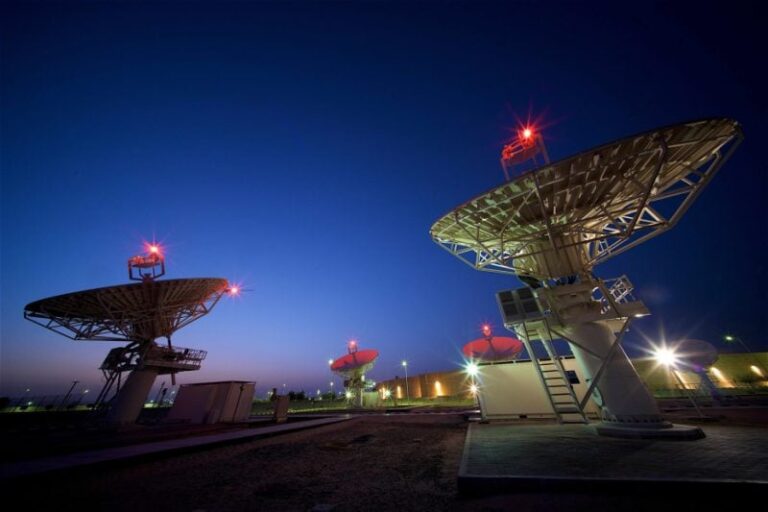Abu Dhabi satellite operator Yahsat Group plans to allocate more than $100m towards capital expenditures in 2023 as part of the ‘T4-NGS’ satellite programme, according to state-run news agency WAM.
The programme, the next-generation telecommunications system for Thuraya, is scheduled to become operational in the first half of 2025 with a total cost of up to $550m, including manufacturing, launch, insurance and new ground infrastructure.
Ali Al Hashemi, CEO of Yahsat said the company has invested more than $2bn in satellite equipment since its inception, including Al Thuraya satellites.
Yahsat has also invested $1bn in relevant ground infrastructure worldwide, reiterating its commitment to continue investing in such programmes, including the T4-NGS satellite.
The company seeks to boost its investments in the coming years to enhance its satellite fleet, including the potential launch of two new satellites, ‘Yah 4’ and ‘Yah 5’, for fixed satellite communication services.
“These satellites will increase the capacity provided to the government under a capacity services agreement expiring in November 2026,” said Al Hashemi.
Yahsat offers multi-mission satellite services in more than 150 countries across Europe, the Middle East, Africa, South America, Asia and Australasia. Its fleet of five satellites reaches more than 80 per cent of the world’s population, enabling critical communications such as broadband, video broadcasting, backhauling and mobile voice and data solutions.
Yahsat expands footprint
Al Hashemi said Yahsat is on the lookout for potential opportunities to expand its operations and enter new markets, such as direct device communication solutions that provide direct connectivity from satellites to billions of devices.
This idea has gained significant interest from phone manufacturers and telecommunications operators, particularly those interested in offering value-added services to their customers.
Yahsat is also interested in the Internet of Things (IoT) and Machine-to-Machine (M2M) communication fields due to the high demand for applications in these areas.
The company is considering seizing business opportunities in earth observation and remote sensing sectors by launching at least five satellites in collaboration with the Bayanat. These satellites will form a satellite constellation that uses Synthetic Aperture Radar technology and monitors the Earth through visual imaging.
Al Hashemi highlighted that Yahsat is well-positioned to play a significant role in this national initiative by developing its capabilities in Earth observation and remote sensing services.
“We seek to continue our growth through acquisition operations. This is common in the space and satellite sector, since acquiring satellite rights and spectrum specifically requires a long time,” Al Hashemi said.
Abu Dhabi wealth fund Mubadala raised $731m from the initial public offering of Yahsat in July 2021. The company’s first-quarter net profit jumped nearly 35 per cent on the back of a strong performance in its managed solutions segment.
Yahsat said net profit attributable to the shareholders reached Dhs27m in the first three months of the year compared to Dhs20 million in the same period a year earlier. Yahsat reported revenues of Dhs369m during the period under review, up nearly 2 per cent from about Dhs99m in Q1 2022 .



